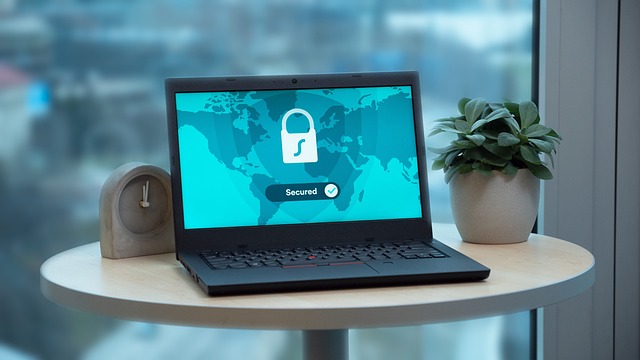
Traveling opens a treasure of experiences, including vibrant cultures, exotic food, and entertainment. But in today’s hyper-connected world, staying online while venturing abroad is just as important as packing the right clothes.
The allure of free public Wi-Fi has gained much traction online, offering a seemingly convenient solution for users. However, these connections can be a breeding ground for security threats. The best way to bypass that issue is by learning about VPN pros and cons before you expose your online activity to prying eyes.
If you are curious about the threats of public Wi-Fi and how a VPN nullifies those threats, this comprehensive guide will offer all the relevant details.
The Perils of Public Wi-Fi
From the outside, the concept of public Wi-Fi seems like a boon, especially when you are in a foreign country. You won’t have to worry about spending extra money on the data cards.
However, before using public Wi-Fi, you must be cautious of it because:
Unencrypted Traffic
One of the main reasons public Wi-Fi is considered a threat to users is the issue of unencrypted traffic. Public Wi-Fi often transmits data unencrypted, making it akin to sending a postcard. This means that anyone on the network can intercept personal information.
Man-in-the-Middle Attacks
Cybercriminals can set up fake Wi-Fi hotspots with names that mimic legitimate networks (e.g., “Free Hotel Wi-Fi”). Once you connect to these hotspots, hackers can steal all your personal information, including IP address, bank account details, etc., putting you at risk of identity theft.
Malware Distribution
Malicious actors can exploit vulnerabilities in public Wi-Fi networks to distribute malware that can infect your device, compromising your information and system functionality. These risks are particularly concerning when accessing sensitive information like online banking, credit card details, or work documents.
How Can a VPN Help Protect Your Data?
A VPN encrypts all your internet traffic, creating a secure tunnel between your device and the internet. This encryption scrambles your data, making it unreadable to anyone snooping on the network.
Following are a few practical ways in which a VPN can proactively protect your data:
- A VPN utilizes robust encryption protocols like AES-256, turning your data into gibberish for anyone without the decryption key. This ensures your online activity and sensitive information remain confidential.
- Not just that, a VPN also masks your IP address, often known as your online fingerprint. When that particular address is cloaked, it makes it harder for hackers to pinpoint your location and target you with personalized attacks.
- One of the most alluring benefits of using a VPN is that it is functional anywhere. Irrespective of the country or the spot in the world you are planning to use it from, this particular feature works effortlessly to safeguard your personal information from malicious attacks every time.
Conclusion
Today’s digital world demands that we stay online, but it’s vital to stay safe on the internet, especially when it comes to using public Wi-Fi. A VPN acts as your digital guardian, encrypting your data and shielding you from the risks of public Wi-Fi. Advanced VPN solutions also have features like geo-restriction bypassing and censorship circumvention, which further add to the convenience of use and safeguard the information much better.










